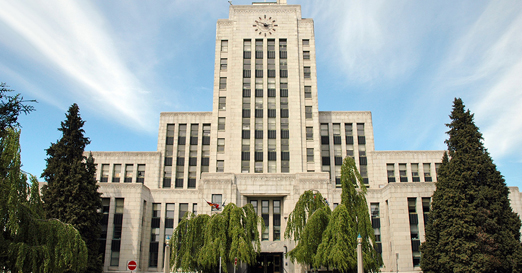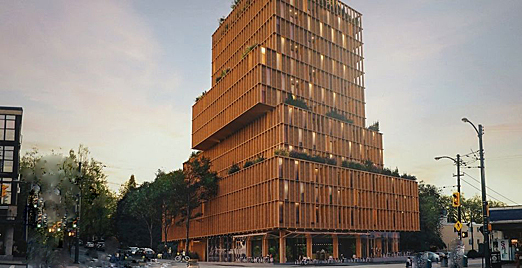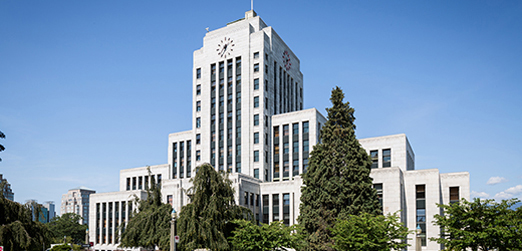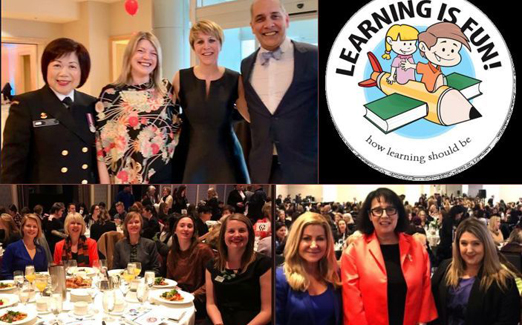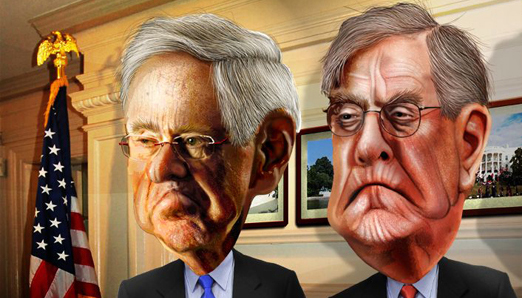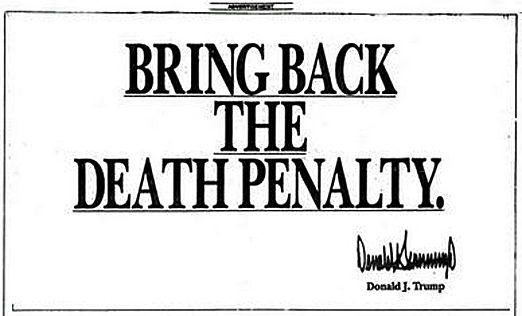
In 1989 five young black men were wrongfully convicted of raping a woman jogging in New York City. Leading the charge against them was a real estate mogul whose divisive rhetoric can be found in his Presidency today.
Nearly three decades before the sociopathic pseudo-billionaire began his run for Presidency of the United States — before Donald Trump called for a ban on Muslims entering the U.S., for the expulsion of all undocumented migrants, before he branded Mexicans as “rapists” and mocked the disabled — Trump called for the reinstatement of the death penalty in New York following a rape case in which the five teenagers were wrongfully convicted.
The miscarriage of justice is widely remembered as a definitive moment in New York’s fractured race relations.
But Trump’s intervention — he signed full-page newspaper advertisements implicitly calling for the boys to die — has been gradually overlooked. Now those involved in the case of the so-called Central Park Five and its aftermath say Trump’s rhetoric served as an unlikely precursor to a unique brand of divisive populism that powered his rise to political prominence.
Donald Trump ‘was the firestarter’ when he called for the death penalty in the 1989 Central Park jogger case, says Yusef Salaam, one of the wrongfully convicted Central Park Five: “To see that he has not changed his position of being a hateful person … what has become of the country with a person like Donald Trump as President?”
Why is this raising of the case of the Central Park Five relevant now?
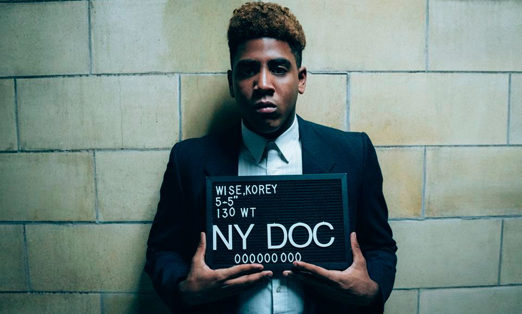 Jharrel Jerome, in Ava Duvernay’s new Netflix mini-series, When They See Us.
Jharrel Jerome, in Ava Duvernay’s new Netflix mini-series, When They See Us.
Today on Netflix, acclaimed director Ava DuVernay sets about to restore the good names of the five Harlem teens who were arrested, convicted and imprisoned in the 1989 rape of a jogger, only to have those convictions vacated in 2002. They’re more commonly known as the Central Park Five, but that’s a pejorative creator DuVernay excludes almost entirely from her riveting four-episode documentary dramatization, When They See Us.
Here’s a brief survey of critical reviews of Duvernay’s narrative drama …
It is unsettling to realize that many people looking for something new to watch on Netflix this week will actually be unfamiliar with what happened in Central Park, New York, on an April night in 1989. What happened was the rape and attempted murder of a young woman who was jogging there, Trisha Meili. The 28-year-old Meili was doing her usual evening run after a long day at work on Wall Street.
And while there are many unsettling scenes in the first hour of When They See Us (streams today on Netflix), nothing is more disconcerting than the realization, an hour into the drama, that we know very little about Trisha Meili. She is not the focus of the story. The five boys charged with the attack on her are the point. The way in which they were coerced into confessions, threatened and intimidated, is the point.
When They See Us is superbly made and startling in its invective. That invective is aimed with blistering intensity, not just at a justice system that allowed a miscarriage of justice, but at all of American society. The point of the title is that nobody actually saw the boys, who became known as the Central Park Five, as who they were. They saw black youths and wanted to convict them.
Donald Trump took out ads in New York newspapers calling for the restoration of the death penalty so that the boys would be executed. Now, he runs the country. And the state of the country is the real point of When They See Us. As such, it’s a heightened, fraught series, the most unsettling drama so far in 2019, and meant to be.
John Doyle, The Globe and Mail
A searing portrait of injustice and innocence lost
Matthew Gilbert, Boston Globe
Ava Duvernay’s mini-series will break any heart, except, perhaps, that of our president, who maintains their guilt despite the confession and DNA evidence that exonerated them in 2002 and led to a $41 million legal settlement from New York City. Knowing with certainty that the boys are innocent makes watching each step of their descent into hell — from the manipulated false confessions that open the miniseries and the damning group-think media coverage that follows, to the way their young promise is squashed by prison and the stigma that trails them once they’re released — into an unnervingly doom-ridden tragedy.
The Vindication of the Central Park Five
Judy Berman, Time magazine
Nearly an hour into the premiere episode of Ava DuVernay’s Netflix miniseries When They See Us, four of the boys who will soon be known as the Central Park Five are left alone together in a holding cell. (The fifth, Korey Wise, is locked in with adults because he’s all of 16 years old.) They’ve just spent hours being interrogated — and intimidated — by police seeking confessions to support the theory that they gang-raped a woman in the park and left her for dead. In fact, most of them don’t even know each other. There’s a long silence before they start talking. The camera alternates between closeups of these scared, exhausted, beaten-up kids’ faces. They see each other. Hopefully, we see them, too.
As the title suggests, the idea of seeing is crucial to this elegant, wrenching four-part reenactment of the Central Park Five saga. DuVernay, who wrote, directed and (along with collaborators including Oprah and Robert De Niro) executive produced the miniseries, has a gift for framing a familiar historical moment so that you can really see it for the first time. In this case, the Selma director’s simplest but most profound decision is to portray these five black and Latino boys, ages 14 to 16, as the scared children they are, rather than as the gangsters or delinquents they were made out to be.
All four episodes of When They See Us are now available on Netflix.

